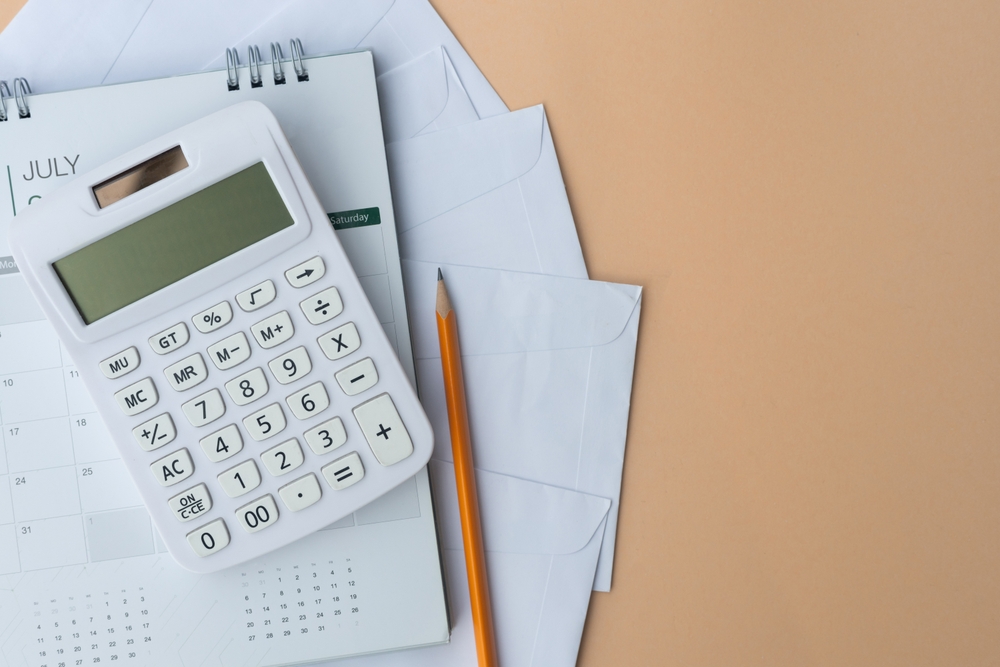Finding your way through corporate bankruptcy can get confusing, but understanding the process is the first step. Whether you’re a seasoned entrepreneur or just starting, it’s important to understand the basics of corporate bankruptcies, the bankruptcy process, and the alternatives available to you.
This blog will shed light on this sometimes complex process so you can rest easy knowing you have the knowledge to make informed, confident decisions for your business.
Key Points
- What is corporate bankruptcy?
- Are my personal assets safe during a business bankruptcy?
- When should I consider business bankruptcy?
- What are the types of business bankruptcy?
- What are the steps of a business bankruptcy?
- Do you need a Licenced Insolvency Trustee for corporate bankruptcy?
- Are there alternatives to corporate bankruptcy?
- Regain financial control with Harris & Partners
What is corporate bankruptcy?
Corporate bankruptcy happens when a business is unable to make its debt repayments to secured creditors or unsecured creditors, leading it to seek legal protection for restructuring or liquidating its business assets.
Unlike personal bankruptcy, which affects individuals, corporate bankruptcy is a process designed for businesses that are recognized as separate legal entities. This detail ensures that a bankrupt company’s financial matters are kept separate from the personal finances of its owners or shareholders.
That being said, corporate bankruptcy will not protect you from personal guarantees, HST or source deductions. And remember, even if a business has no assets, it can still go bankrupt to clean things up and close it down permanently.
Are my personal assets safe during a business bankruptcy?
For incorporated businesses, personal assets are generally protected from being seized to cover business debts, thanks to the business being a separate legal entity. However, personal guarantees on business loans can complicate this protection, potentially making personal assets vulnerable to claims by creditors.
Are my personal assets safe during a business bankruptcy?
For incorporated businesses, which are considered a separate legal entity, personal assets are generally safe and protected from being taken to cover business debts. However, personal guarantees on business loans can complicate this protection, potentially making personal assets vulnerable to claims by creditors.
When should I consider business bankruptcy?
Business bankruptcy is usually considered when a company faces overwhelming financial difficulty that cannot be resolved through debt payments or debt consolidation efforts. Signs that it might be time to consider this route include:
- Consistent cash flow problems
- Inability to meet debt obligations on time
- A poor credit rating that stops you from securing new financing
What are the types of business bankruptcy?
There are two main types of business bankruptcy, including:
Business bankruptcy for sole proprietorships and partnerships
For sole proprietorships and partnerships, the line between business and personal finances is often blurred. Here, business bankruptcies closely resemble personal bankruptcy because the owners are personally liable for the business debts. In these cases, personal and business assets may be used to repay your business debt.
Corporate bankruptcy for incorporated businesses
Incorporated businesses, seen as separate legal entities, have a clearly defined bankruptcy process. This type of bankruptcy focuses on the business itself rather than implicating the personal finances of its shareholders or directors.
Corporate bankruptcies aim to reorganize or liquidate corporate assets to pay back creditors, offering a pathway to address unsecured and secured debts without directly affecting personal assets.
What are the steps of a business bankruptcy?
The steps involved in a business bankruptcy start with the decision to file for bankruptcy. This is typically followed by assessing and liquidating business assets, meeting with creditors, and developing a plan to pay off debts. The exact steps can vary based on the type of bankruptcy filed and the specific circumstances of the bankrupt company.
Do you need a Licenced Insolvency Trustee for corporate bankruptcy?
Yes, having a Licensed Insolvency Trustee (LIT) is essential in navigating the bankruptcy process. At Harris & Partners, our team of LITs provides professional advice, helps assess all possible alternatives to bankruptcy, and guides you through the legal requirements and filings. Their expertise is invaluable in ensuring the process is managed effectively, offering the best possible outcome for your financial future.
Are there alternatives to corporate bankruptcy?
Corporate bankruptcy is a big decision and is often only used as a last resort. There are alternatives that you should explore before reaching this point, including corporate insolvency and Division 1 Proposals.
These options can provide a structured way to renegotiate debt terms, allowing for partial repayment of debts over a period of time, potentially avoiding the full impact of bankruptcy on your company’s credit rating and financial health.
Regain financial control with Harris & Partners
If your business is struggling to find its way out of debt, we’re here to help. Our experience spans a wide range of industries and business sizes, ensuring that the advice and solutions we offer are tailored to meet your unique needs.
Let us help you explore the alternatives to bankruptcy, navigate the complexities of the bankruptcy process, and find the best path forward for your business. Together, we can work towards regaining control of your financial situation, protecting your hard-earned assets, and laying the groundwork for sustainable growth and success.









